Why Does My Dog Eat Dirt? 5 Causes & Solutions
Discover hidden triggers of soil-snacking habits and tips for happier, healthier outings.
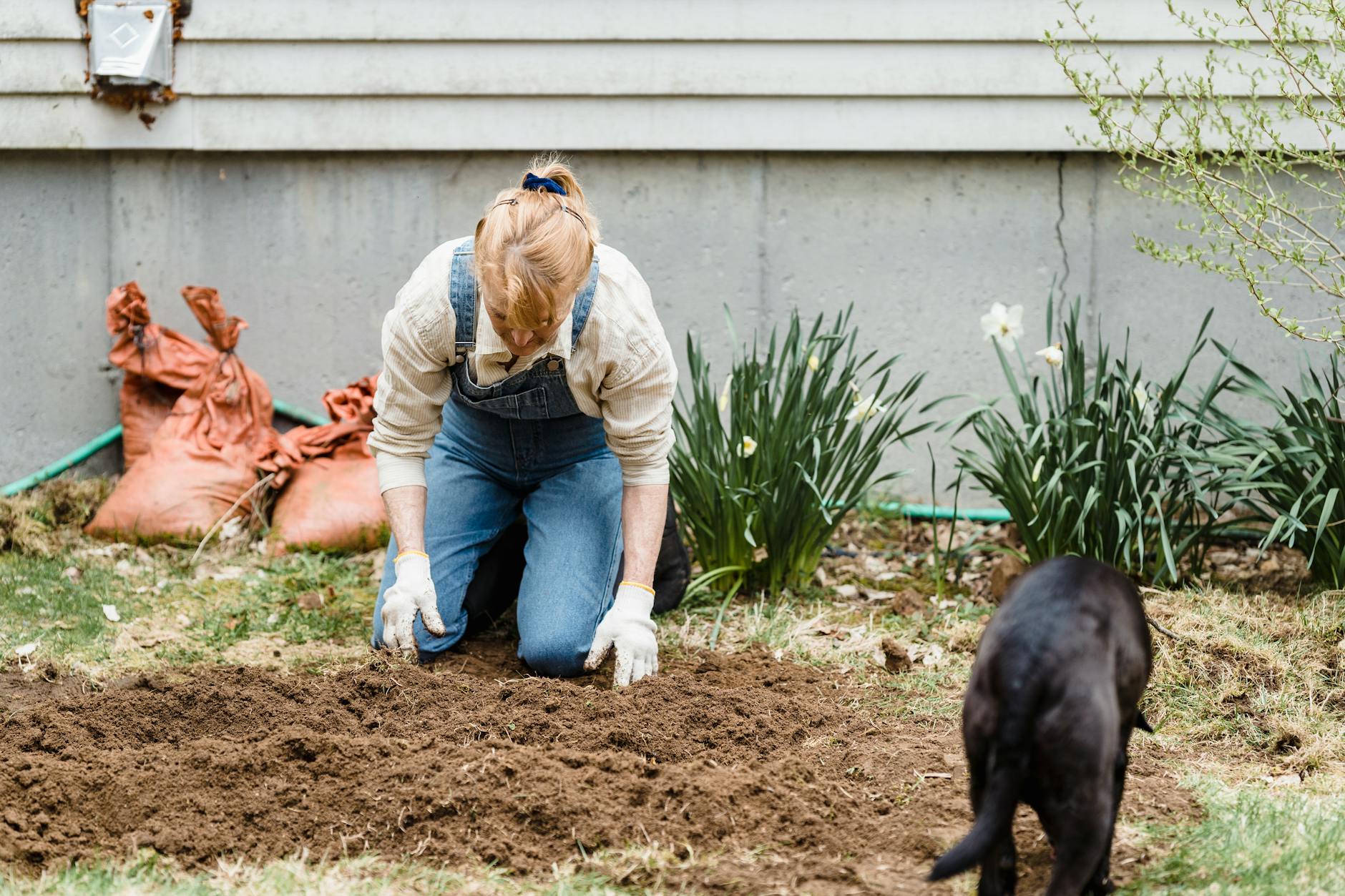
Why Does My Dog Eat Dirt?
If you’ve ever caught your dog nose-deep in your yard with a mouthful of soil, you may be asking yourself, “Why does my dog eat dirt?” While dogs are famously curious explorers, eating non-food items like dirt can leave you worried. This odd habit is more common than many realize and could be rooted in behavioral, nutritional, or medical causes. Understanding the reasons behind this behavior, the potential health risks, and what you can do to help is essential for every responsible dog owner.
What Is Geophagia?
Geophagia is the scientific term for the deliberate consumption of earth, soil, or dirt. It is actually a specific form of pica, an eating disorder characterized by the ingestion of non-food items such as rocks, paper, or plastic. Not all dirt eating is an immediate cause for concern, but habitual or excessive consumption can indicate deeper issues that may require intervention.
Common Reasons Dogs Eat Dirt
There are many reasons dogs might engage in dirt eating. Pinpointing the underlying cause is the first step toward addressing the behavior:
- Nutritional Deficiency
- Behavioral Factors (Boredom, Stress, Anxiety)
- Medical Problems (GI Upset, Health Disorders)
- Stomach Upset
- Sensory Curiosity or Habit
Nutritional Deficiency
One of the most recognized reasons for geophagia is a nutritional shortfall. If your dog’s food is deficient in essential minerals or nutrients, especially iron, calcium, or sodium, they may seek to compensate by consuming dirt, which can contain trace minerals.
Sometimes, dogs simply react to inadequately balanced diets, whether homemade or commercial. If you suspect your dog’s food might not be nutritionally complete, consult your veterinarian to discuss dietary improvements and supplementation.
Behavioral Factors: Boredom and Stress
Like people, dogs may act out when they’re bored or anxious. A lack of mental and physical stimulation encourages some dogs to seek out strange or destructive activities. Eating dirt may simply be a way for your dog to pass the time, self-soothe, or cope with anxiety — especially if left alone for extended periods. Additionally, some dogs develop habits like dirt eating due to changes in routine, absence of an owner, or new sources of stress.
Medical Conditions
In some instances, eating dirt is a symptom of an underlying medical disorder:
- Gastrointestinal issues (such as nausea, diarrhea, or an upset stomach) might provoke the behavior. Dogs sometimes consume dirt to either induce vomiting or relieve nausea.
- Metabolic or endocrine diseases (like diabetes, thyroid imbalances, or Cushing’s Disease) could trigger pica in dogs, including a compulsion to eat dirt as a self-soothing mechanism or due to metabolic needs.
- Parasites or gastrointestinal irritation — Internal parasites may cause dogs to seek out unusual foods like dirt in an attempt to alleviate irritation or fulfill perceived nutritional needs.
It’s important to observe your pet for other symptoms and consult a veterinarian if you notice any signs of illness accompanying the dirt-eating behavior.
Stomach Upset and Self-Soothing Instincts
Dirt contains clay and other minerals that can soothe an upset stomach. Some dogs instinctively try to relieve gastrointestinal discomfort by consuming soil, which might help move material through their digestive tract or induce vomiting. A frequent association of the behavior with vomiting, diarrhea, or a lack of appetite should be discussed with your vet.
Sensory Curiosity and Taste
Dogs experience the world through their mouth and nose. If they pick up an interesting or appetizing scent — maybe bacon grease or an old food spill has ended up in that patch of soil — your dog might dig in simply for the flavor. This exploratory behavior is especially common in puppies and curious adult dogs.
Is This Behavior Dangerous?
While occasionally eating a small amount of dirt isn’t usually harmful, persistent or excessive geophagia poses multiple health risks:
- Gastrointestinal Obstruction – Ingested dirt can form clumps, causing blockages in the intestines that may require surgical intervention.
- Toxic Substances – Soil may contain fertilizers, pesticides, sharp objects, chemicals, or pathogens that are hazardous to your dog.
- Parasites – Consuming soil increases the risk of ingesting parasites like roundworms, hookworms, or toxoplasmosis.
- Dental Damage or Oral Injury – Rocks, sticks, or debris hidden in the dirt may break a tooth or injure your dog’s mouth and digestive tract.
- Nutrient Imbalances – Habitual dirt-eating can disrupt your dog’s natural absorption of essential nutrients, leading to further deficiencies.
If you notice your dog is regularly eating dirt, it’s important to assess the area for potential hazards and consult your veterinarian for a proper diagnosis and treatment plan.
When Is Eating Dirt a Cause for Concern?
The occasional nibble on dirt during a walk or outdoor play is fairly normal for most dogs. However, persistent geophagia should raise concerns, particularly if your dog exhibits any of the following signs:
- Eating large amounts of dirt regularly or compulsively
- Showing symptoms of illness: vomiting, diarrhea, appetite loss, lethargy
- Sudden changes in behavior or eating habits
- Attempting to eat other non-food items (rocks, clothing, sticks)
If you observe any of these symptoms or are simply worried about the frequency of your dog’s dirt eating, seek veterinary advice promptly.
How to Stop Your Dog from Eating Dirt
Once you and your veterinarian identify the root cause, you can take steps to curb this behavior:
- Feed a complete, balanced diet containing all necessary vitamins and minerals. Switch to high-quality dog food if needed.
- Increase physical and mental enrichment: Provide more walks, playtime, toys, or training sessions to keep your dog occupied.
- Supervise your dog outdoors and consider using leash control if your dog is prone to digging or eating soil.
- Discourage the behavior with positive reinforcement — reward your dog for leaving dirt alone.
- If the habit stems from anxiety or stress, work on alleviating the underlying cause. Calming supplements, a consistent routine, and more companionship may help.
- Remove tempting substances (like food spills or animal remains) from your yard whenever possible.
- Address any medical concerns promptly with your veterinarian.
Table: Common Causes and Solutions for Dirt Eating in Dogs
| Possible Cause | Signs | Potential Solution |
|---|---|---|
| Nutritional Deficiency | Frequent dirt eating, dull coat, poor growth | Review and improve diet, vet consultation |
| Boredom/Stress | Behavioral issues, destructive acts, restlessness | Enrichment, increased activity, positive reinforcement |
| Medical/Metabolic Disorder | Other symptoms: vomiting, diarrhea, lethargy | Veterinary exam, treat underlying health issues |
| Stomach Upset | Signs of GI discomfort, vomiting after eating dirt | Monitor, rule out toxins, vet if persistent |
| Taste curiosity/Tempting scents | Returns to same spot, interested in patches of soil | Remove attractants, supervise, redirect with toys/treats |
Prevention Tips for Dirt Eating
- Always provide a nutritionally balanced, age-appropriate diet.
- Offer plenty of exercise, social interaction, and brain games.
- Use puzzle feeders or treat-dispensing toys to combat boredom.
- Regularly inspect your yard and remove any substances or hazards.
- Routine wellness exams with your veterinarian to check for health conditions that may lead to pica.
Frequently Asked Questions (FAQ)
Q: Is eating dirt normal for puppies?
Puppies tend to investigate objects with their mouths, including dirt. While some curiosity is normal, repeated or compulsive dirt eating may signal a deficiency or behavioral issue that needs attention.
Q: Can eating dirt harm my dog?
Yes, frequent dirt eating increases the risk of gastrointestinal blockages, ingestion of toxins or parasites, and damage to teeth or gums. Occasional, small amounts rarely cause harm, but consult your vet if concerned.
Q: Should I punish my dog for eating dirt?
No. Punishing your dog is ineffective and may worsen stress. Instead, use positive reinforcement to teach appropriate behaviors and redirect your dog’s attention.
Q: When should I see a vet?
If your dog’s dirt eating is frequent, compulsive, or accompanied by illness signs (vomiting, diarrhea, appetite changes), a veterinary checkup is strongly recommended. Early intervention can help identify and address underlying issues.
Conclusion
While it can be alarming to see your dog munching on dirt, understanding the reasons behind this behavior is the first step to ensuring their well-being. Geophagia can result from nutritional, behavioral, or medical factors—each requiring a specific approach. By providing a balanced diet, plenty of mental and physical enrichment, and keeping an eye out for health problems, you’ll help your furry companion stay happy and healthy. If in doubt, always reach out to your veterinarian for guidance and reassurance.
References
- https://thenaturaldogstore.com/blogs/health/why-do-dogs-eat-dirt
- https://www.purina.com/articles/dog/health/symptoms/why-do-dogs-eat-dirt
- https://www.cronullavetclinic.com.au/why-is-my-dog-eating-dirt/
- https://www.petmd.com/dog/behavior/why-do-dogs-eat-dirt
- https://www.hillspet.com/dog-care/behavior-appearance/why-do-dogs-eat-dirt
Read full bio of medha deb


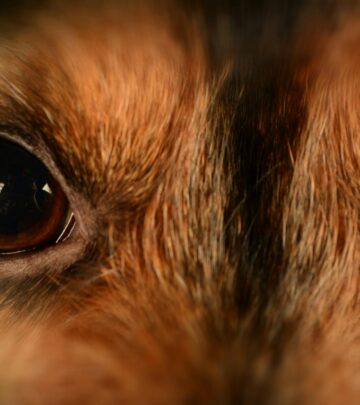
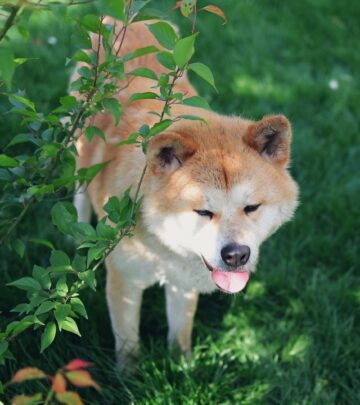

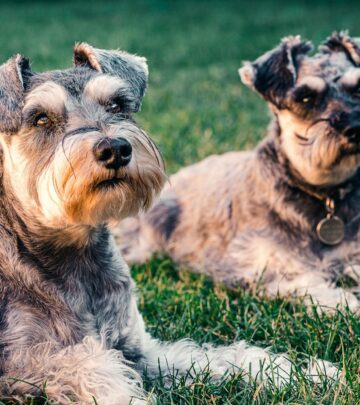



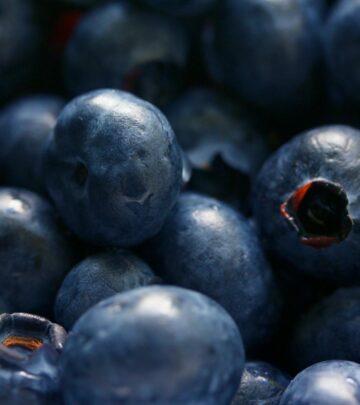






Community Experiences
Join the conversation and become a part of our empowering community! Share your stories, experiences, and insights to connect with other beauty, lifestyle, and health enthusiasts.